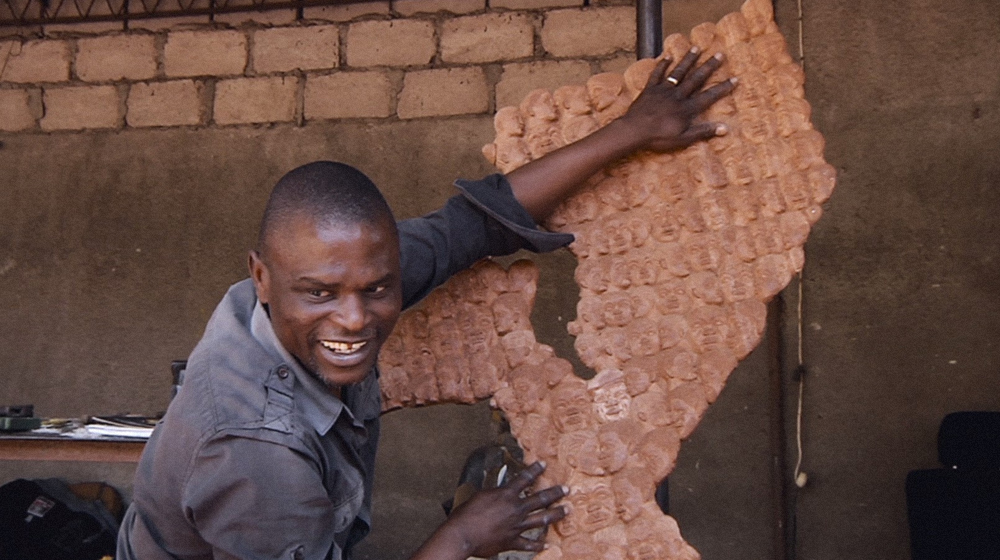In Viagem aos Makonde, filmmaker and anthropologist Catarina Alves Costa returns to the lands where Margot Dias, one of the pioneers of Portuguese ethnographic cinema, conducted her research between 1958 and 1961. During this period, Dias lived several times among the Makonde people in the north of Mozambique, at a time when this country was still a Portuguese colony. These trips gave rise to an exceptional set of ethnographic films that portray, in a respectful and sensitive way, some aspects of the traditional life of the Makonde such as their music, art and ritual.
Like a game of mirrors, Catarina Alves Costa traces the steps of Margot Dias and goes to meet the current members of Makonde society, many of them already adapted to urban life. During these encounters, Alves shows today's Makonde the films and photographs of Margot Dias and invites them to comment on them freely.
Catarina Alves Costa's film is therefore not only a portrait of how Makonde society has evolved from colonial times to the present but also a reflection on the potential of ethnographic records as a research device. Throughout the work, Alves openly addresses the question of the "ethnographic return"; i.e. the debt owed by the films, and their authors, to the people appearing in them. Viagem aos Makonde is a filmic experiment that points towards an ethnographic cinema based on dialogue and collaboration, helping us to critically rethink the historical past and imagine new ways of constructing the future.
Viagem aos Makonde, Catarina Alves Costa, Portugal, 2019, digital, 57', subtitled in Catalan
Copy courtesy of the author and Midas Filmes.
In collaboration with Instituto Camões of Barcelona.
